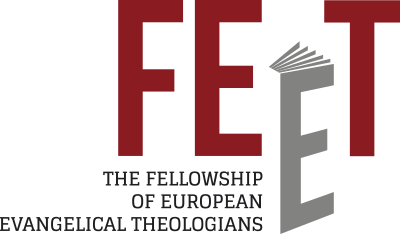Mission in the multi-faith world
Peaceful coexistence of world religions is very important in these days and inter-religious dialogue is deeply rooted in the ground of the theology of mission. Nevertheless, it is important to discern what exactly we expect from this dialogue. It seems that proselytising has been nearly eliminated in European Christian churches. The churches mutually respect their annunciations of the Saviour’s grace and the diversity of gifts of the Spirit. But is it possible to adopt such a stance towards other religions as well? Is it not the case that we should rather proselytise among members of those religions and give them the same chances? Is it not rather important to grasp anew the theological reflection on what the Christian churches worship and serve and what other religions do?
Theological research should help us make a clear decision of whether we want partnership or religious association with other religions, or whether we should try to proselytise among them – on the assumption that the other religions will do the same. It is no doubt that we have much to learn from other religions and that inter-religious dialogue is an important part of our mission. The Scripture testifies that the Lord as God is in dialogue with his people. God incarnate in Jesus Christ remains in the dialogue. The early church is a living example of leading dialogue with the Jewish synagogue and the Hellenistic society. The apostle Paul is a man of honest, humble and profound dialogue with the Jewish community and the people of other faith.
There is no doubt that we have to respect other religions and treat them with dignity, but this does not mean that our testimony of Jesus Christ should be concealed. In an inter-religious dialogue, it is the very integrity of our faith which is tested. A dialogue with a partner who hides the most precious thing he has soon ceases to be interesting. Members of other religions very often express disdain and mockery for those unable or unwilling to confess their faith.
There are many warning signals about a danger of confessional vagueness in our European environment. False tolerance and religious correctness, which defend themselves with such vagueness, are not positive values. Inter-religious dialogue should not be taken as a warehouse of diverse beliefs. Friendly relations among people of different religions should not be an obstacle to confessional straightforwardness in the context of universalism of the Christian understanding of salvation.
Dr. Pavel Cerny, a member of the Executive Committee of FEET, is a pastor in the Church of the Brethren. Formerly he was president of his denomination and president of the Czech Republic Ecumenical Council of Churches. He also teaches Practical Theology and Missiology at the Evangelical Theological Seminary, Prague and serves as a Chairman of the Fellowship of Evangelical Theologians in the Czech Republic.

